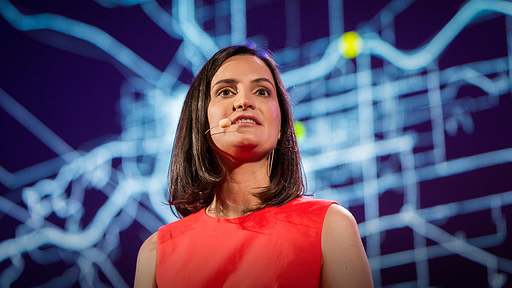Crump discusses the evolution of automatic license plate readers into a dominant mass-market location tracking technology in his presentation. While positioned near roads or on police vehicles, readers take photographs of passing license plates. "If license plate readers were simply used to find the bad guys, no one would object," Crump stated. However, police are increasingly collecting this data from every vehicle that passes through a plate reader in a dragnet and storing it indefinitely, resulting in truly massive databases that track the locations of a significant portion of the public in the United States.

Numerous tracking technologies, including license plate readers, are utilized by modern law enforcement. Through data dumps from cell towers, agents can identify revealing location information about thousands of people. Another illustration comes from stingrays, which are devices that enable law enforcement to transmit signals through the walls of homes to ascertain whether or not any cell phones are present. Crump stated, "The state has been able to learn far too much about what happens behind closed doors." Additionally, law enforcement uses this information to confirm your identity.
Police departments can inexpensively compile this data into massive databases. A National License Plate Reader System is being developed by the Drug Enforcement Administration, according to reports. Devices from a variety of national jurisdictions will feed this system's database. Crump demonstrated the negative effects of this kind of surveillance in his talk. Unmarked police cars equipped with license plate readers have driven around nearby mosques to monitor each visitor to New York. An 80-year-old retired person's license plate number was on a watch list after I sketched the protesters at political demonstrations in Great Britain. He discovered a slew of photos in the San Leandro, California, police records for Mike Katz Lacabe's license plate, some of which showed him and his two daughters getting out of their car in the driveway. "Mr. Katz-Lacabe has not been accused of any crime," Crump stated. However, hundreds of images of his vehicles are kept by the government. How come this is accepted?
When Crump granted law enforcement such extensive surveillance authority, he warned of the tremendous potential for abuse. She advocated for more checks and balances to lessen the impact of tracking technologies. "Experience would indicate that the question is not whether such data will be misused, but when," Crump said, referring specifically to voyeurism, extortion, or political gain." The opposite is true rather, the question is when. The right to privacy of a person extends beyond the control they have over their personal information. The increasingly skewed power balance between the state and civil society must be corrected.


No comments:
Post a Comment